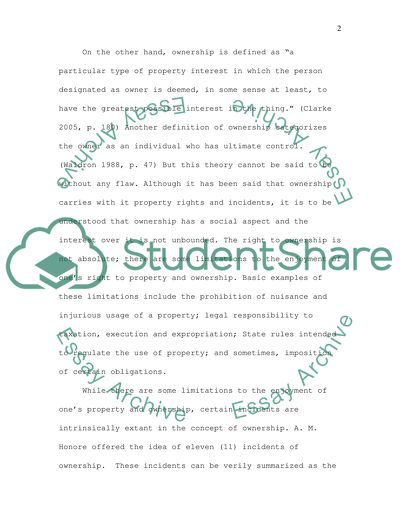Cite this document
(“Ownership Rights over Ones Person Essay Example | Topics and Well Written Essays - 2000 words”, n.d.)
Ownership Rights over Ones Person Essay Example | Topics and Well Written Essays - 2000 words. Retrieved from https://studentshare.org/miscellaneous/1516590-ownership-rights-over-ones-person
Ownership Rights over Ones Person Essay Example | Topics and Well Written Essays - 2000 words. Retrieved from https://studentshare.org/miscellaneous/1516590-ownership-rights-over-ones-person
(Ownership Rights over Ones Person Essay Example | Topics and Well Written Essays - 2000 Words)
Ownership Rights over Ones Person Essay Example | Topics and Well Written Essays - 2000 Words. https://studentshare.org/miscellaneous/1516590-ownership-rights-over-ones-person.
Ownership Rights over Ones Person Essay Example | Topics and Well Written Essays - 2000 Words. https://studentshare.org/miscellaneous/1516590-ownership-rights-over-ones-person.
“Ownership Rights over Ones Person Essay Example | Topics and Well Written Essays - 2000 Words”, n.d. https://studentshare.org/miscellaneous/1516590-ownership-rights-over-ones-person.


